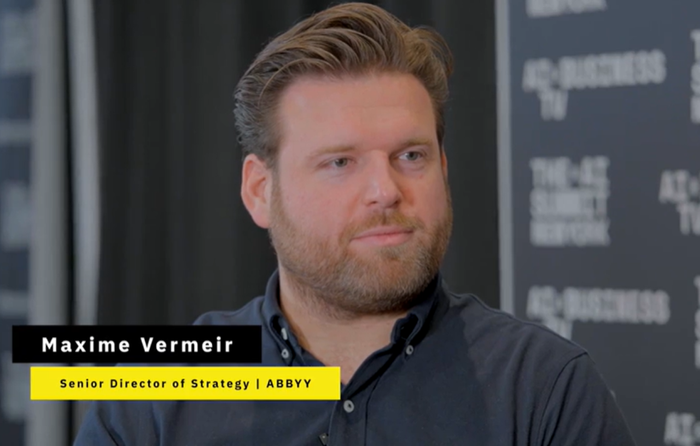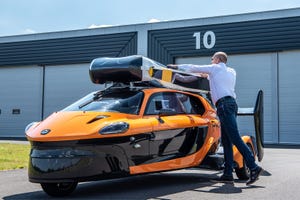Waymo Wants to Charge for Driverless Rides
The company has applied for the final permit to start charging passengers in San Francisco

Waymo has moved another step closer to offering commercialized fully driverless rides in its Jaguar i-Pace robotaxis in San Francisco.
The company, owned by Google parent Alphabet, has submitted an application to the California Public Utilities Commission (CPUC) for the final permit it needs to start charging passengers.
The application is the latest stage in the painstaking process all self-driving companies must negotiate before being able to offer a commercial service in the city. Currently, only General Motors subsidiary Cruise has gained the necessary approvals in San Francisco to provide fully driverless rides – i.e. without a safety monitor in the car – for a fee. It was accorded this privilege in June.
Waymo’s move comes after it was granted permission by the California Department of Vehicles in November to charge for driverless deliveries in the city. Once this service had operated for 30 days, it was eligible to apply for the permit from CPUC, which it has now done. Currently, it can only charge fares for passenger rides when a safety monitor is in the vehicle.
There is no indication yet when CPUC may decide on Waymo’s application, with initial reports suggesting it could take months.
Success would mark a significant breakthrough for the company, which is also looking to advance operations elsewhere in the United States.
In Phoenix, Arizona, its driverless service is now available to members of the public in the central Downtown area, after a couple of years of operations in the city’s eastern suburbs. It has also branched out to offer robotaxi rides to the city’s Sky Harbor International Airport to members of its Trusted Tester program, albeit with a safety operator on board.
And in October, Waymo announced that the next city on its radar for the launch of a robotaxi service would be Los Angeles, which because of the company’s experience in San Francisco, should prove to be a more straightforward process in gaining regulatory approvals from the relevant California bodies.
Waymo’s focus on expansion was also illustrated in November when it revealed a purpose-built robotaxi without a steering wheel that it has developed with Chinese auto brand Zeekr. The company’s long-term plan is to deploy the vehicle in U.S .cities.
About the Author
You May Also Like








